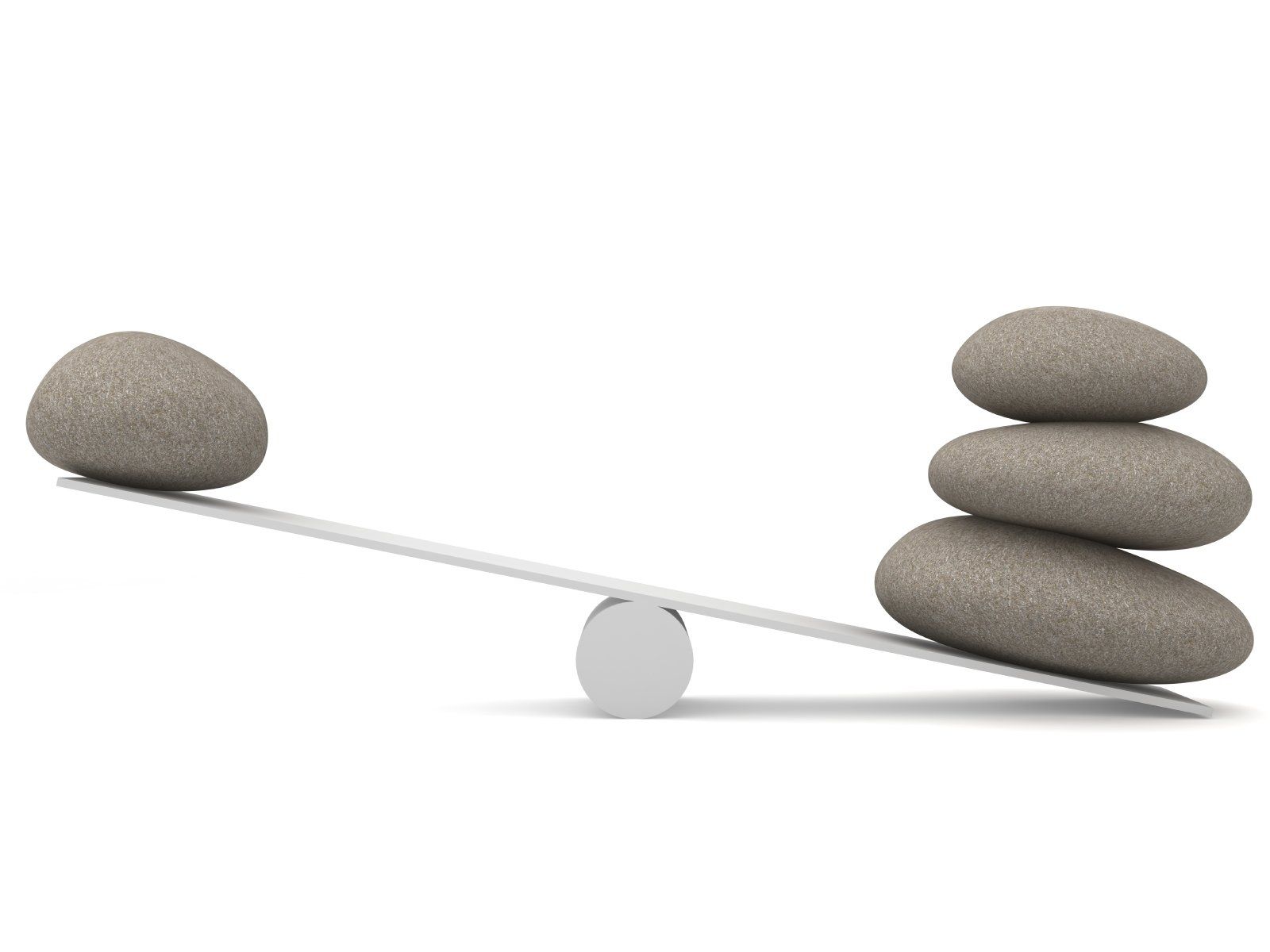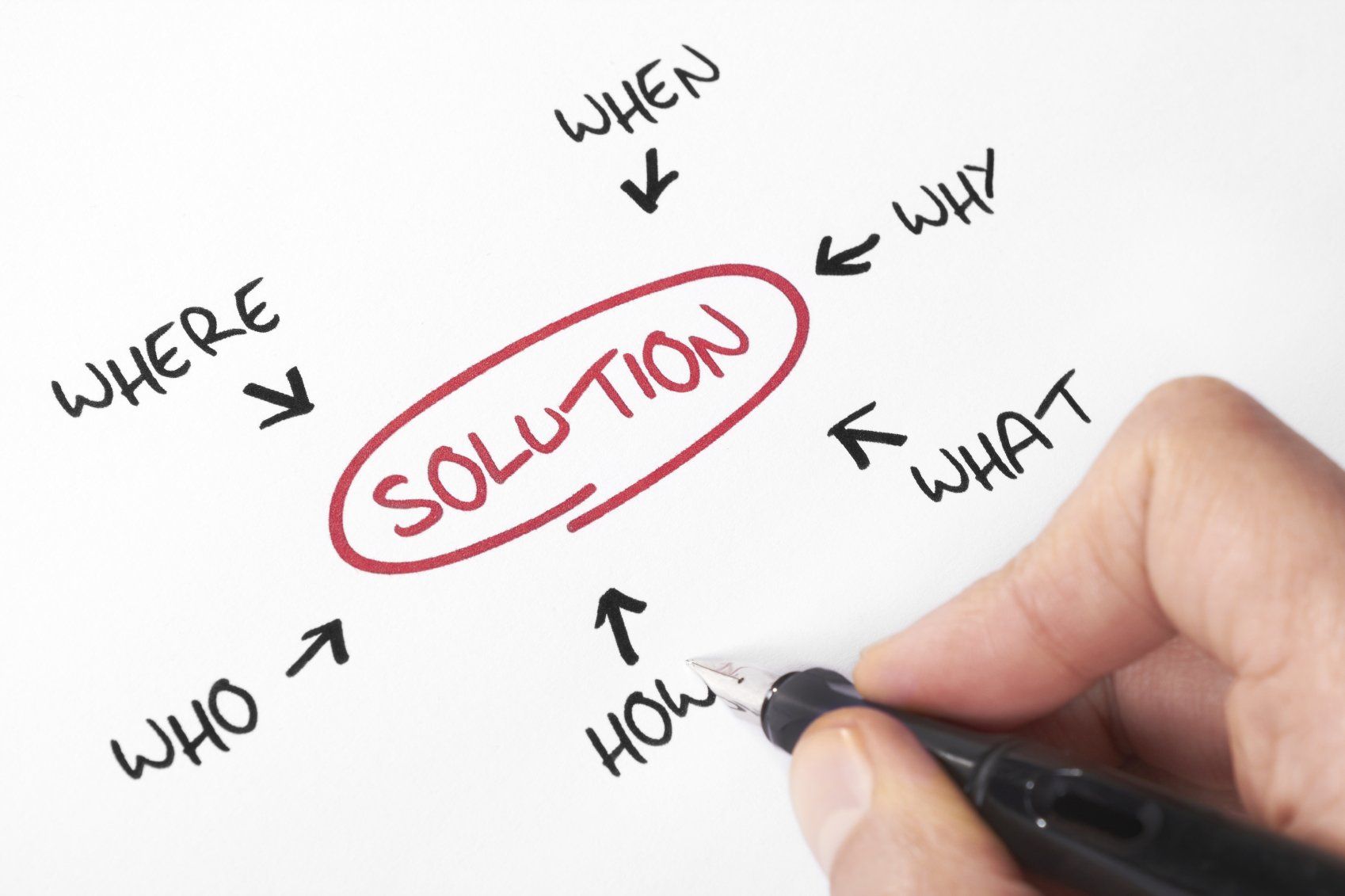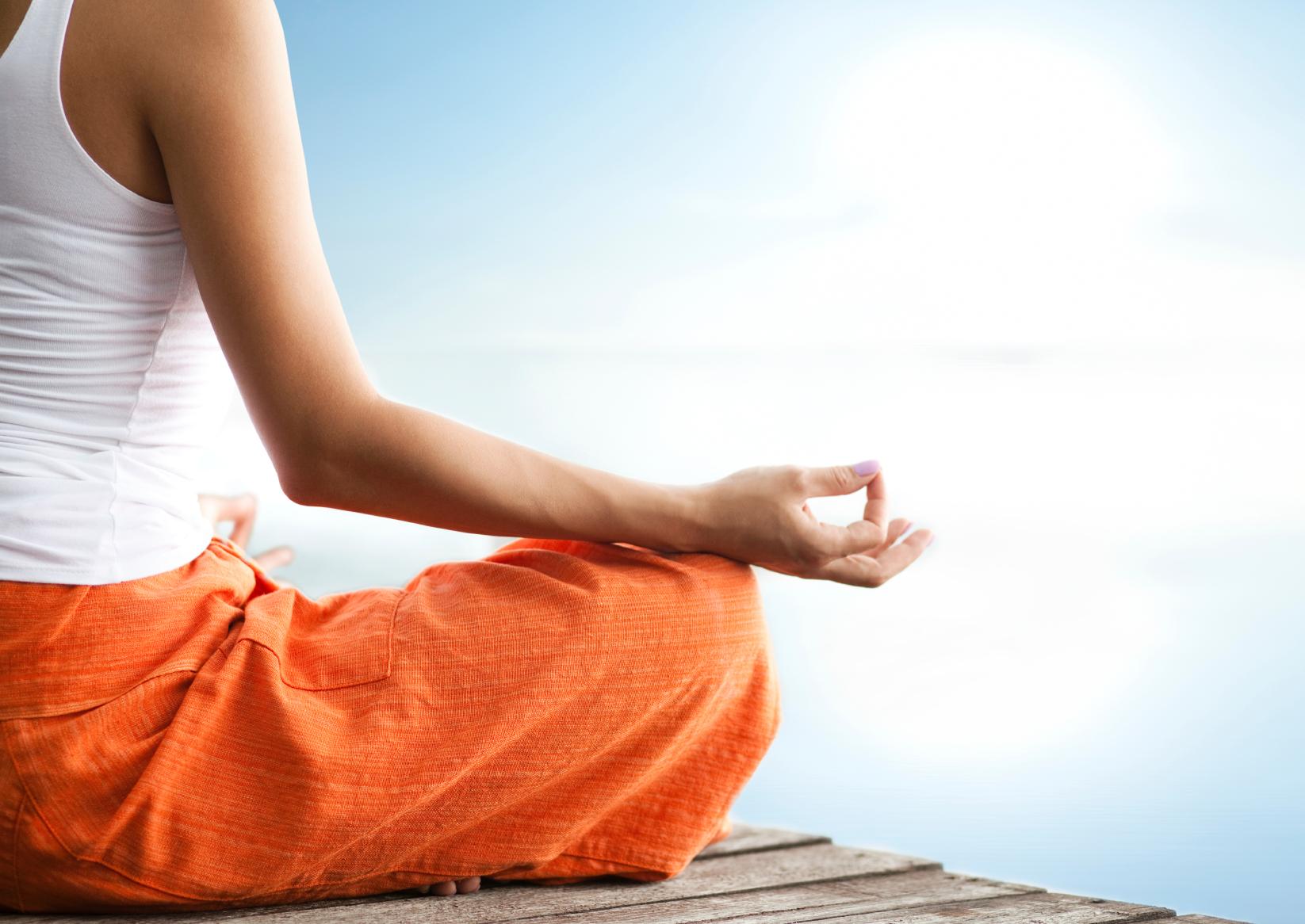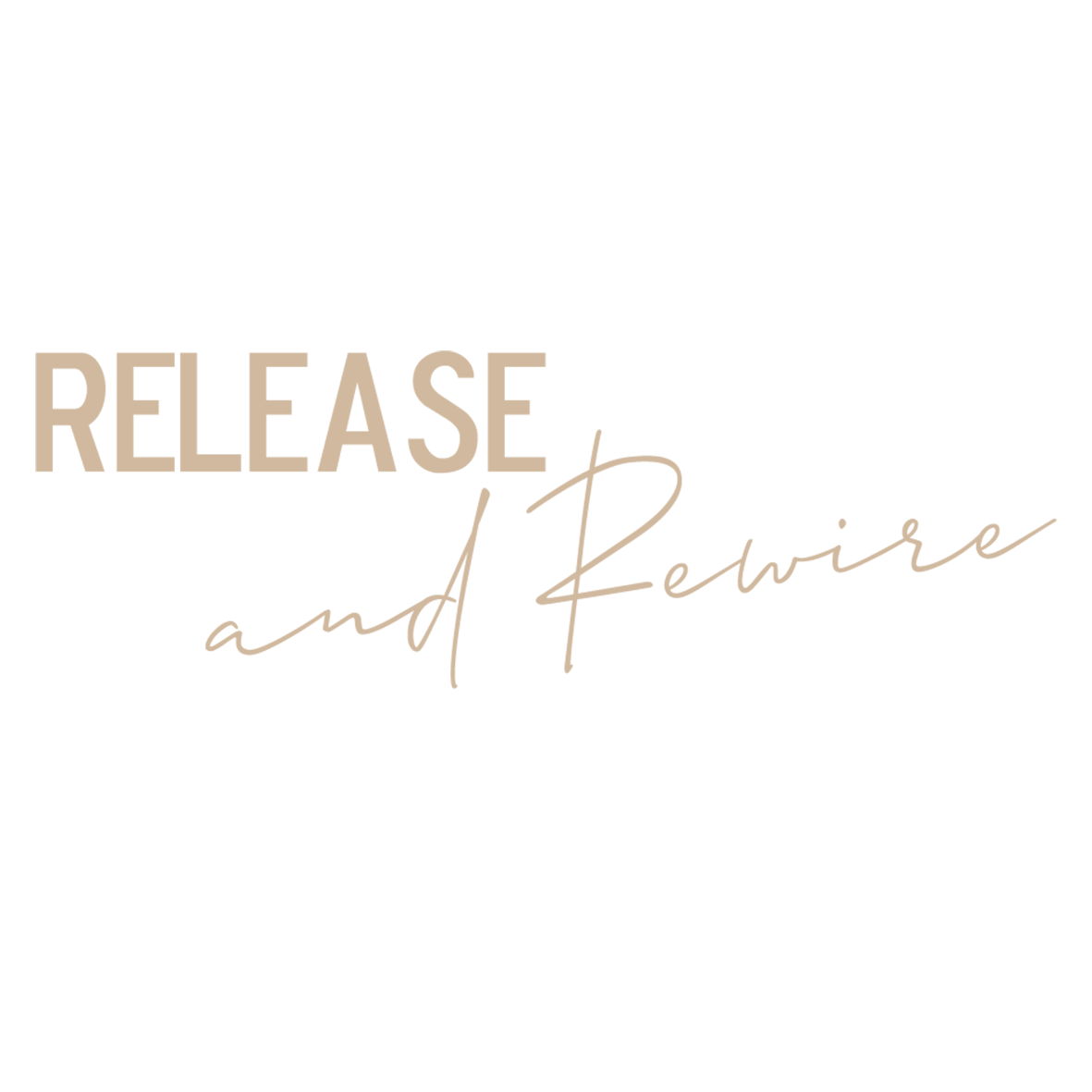Stoicism

The teachings of Stoicism were based on tolerance, virtue, and self-control which is why a person who remains calm under pressure and avoids emotional extremes is called stoic.
Stoics believed that we live in a web of cause and effect, that results in a logical and rational structure of the universe called “Logos” so even if we may not have control over the events affecting us, we can have control over how we approach them; acceptance (but not passiveness) was a big pillar of their philosophy therefore a Stoic does not have expectations about how life should be, he’d rather observe it and deal with it the way it is while pursuing self-improvement through:
Practical wisdom is the ability to navigate complex situations in a logical, informed, and calm manner, Temperance is the exercise of self-restraint and moderation in all aspects of life, Justice is about treating others with fairness even when they have done wrong, and Courage which means facing daily challenges with clarity and integrity.
Stoicism is based on personal growth but it is not self-centered. Stoics believed that we all share the same fundamental humanity, and only people who have cultivated virtue and self-control in themselves can bring positive change in others.
The deep ongoing process of stoic living includes developing self-control, practicing clear judgment, and overcoming overwhelming and destructive emotions.
As an advocate of self-improvement and growth, I do resonate with many of the stoic principles, and I believe that if the gap between what we expect and the reality itself is big, anxiety and frustration will occur; and as stoics believed, dreams are good but better if they are sensible.
Visualizations can play a big role here, an exercise called “negative visualization” is so helpful in such cases - Yes, negative isn’t always bad! This exercise is about reflecting on the worst-case scenarios, trying to observe them closely and even feeling them through visualizing them if needed and considering the options and the outcomes. This is a good way to start conditioning ourselves to accept and handle the ups and downs in life.
Another principle that I resonate with is “being realistic about what you have the power to change” and indeed a lot of us waste the major part of our energy on trying to change things that in reality we don’t have any influence on, and this is exhausting. By simply accepting that some things are the way they are, we’re saving a lot of our vital energy, and by learning how to change our perspective or habits, we learn how to look at any situation from various angles and thrive through it instead of dealing with it.

"Stoics called for practicing equanimity in negative situations, which means calm and composure".
By doing so, we are activating our sympathetic nervous system instead of being in “alert” mode, and here is where breath work can be of major help, as it teaches our body to come back from its stressful defensive mode to its original state, which is a calm state.
Another main principle of stoicism is about calming down emotions so thoughts get clearer, and by doing so we will be able to call the emotion we are living and understand its underlying cause, and this is where “I am angry of John and I don’t know why, I just feel so angry” becomes “I feel disappointed of john because I expected from him to come and he didn’t, knowing that he had plenty of time to do it” for instance.
And finally, the fifth principle that I appreciate calls to living in harmony with nature, and by nature, they did not mean just the tress, but they pointed mainly to human nature, and they were immensely dedicated to understanding the nature of the universe and to learn how to work with it, and not against it.
One main pillar of self-improvement is re-centering the self, but never being self-centered, to re-center the self what I believe should be done first is to expel what doesn’t serve it anymore, make it free of dysfunctional patterns and learn how to create and integrate new perspectives, to be a better version of ourselves and tap into higher potentials.
Want some inbox love?
Join my mailing list!





















